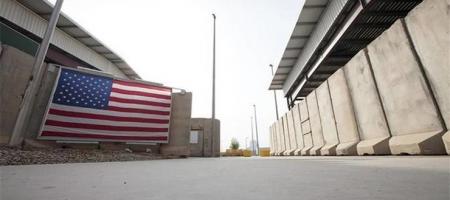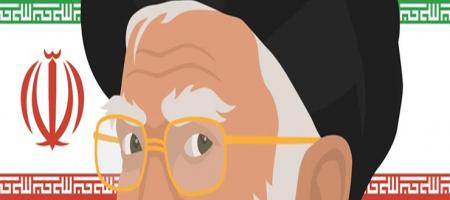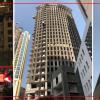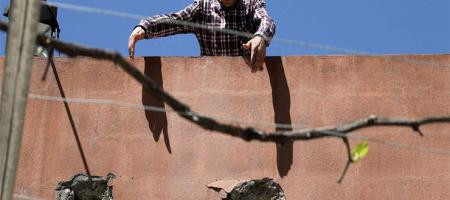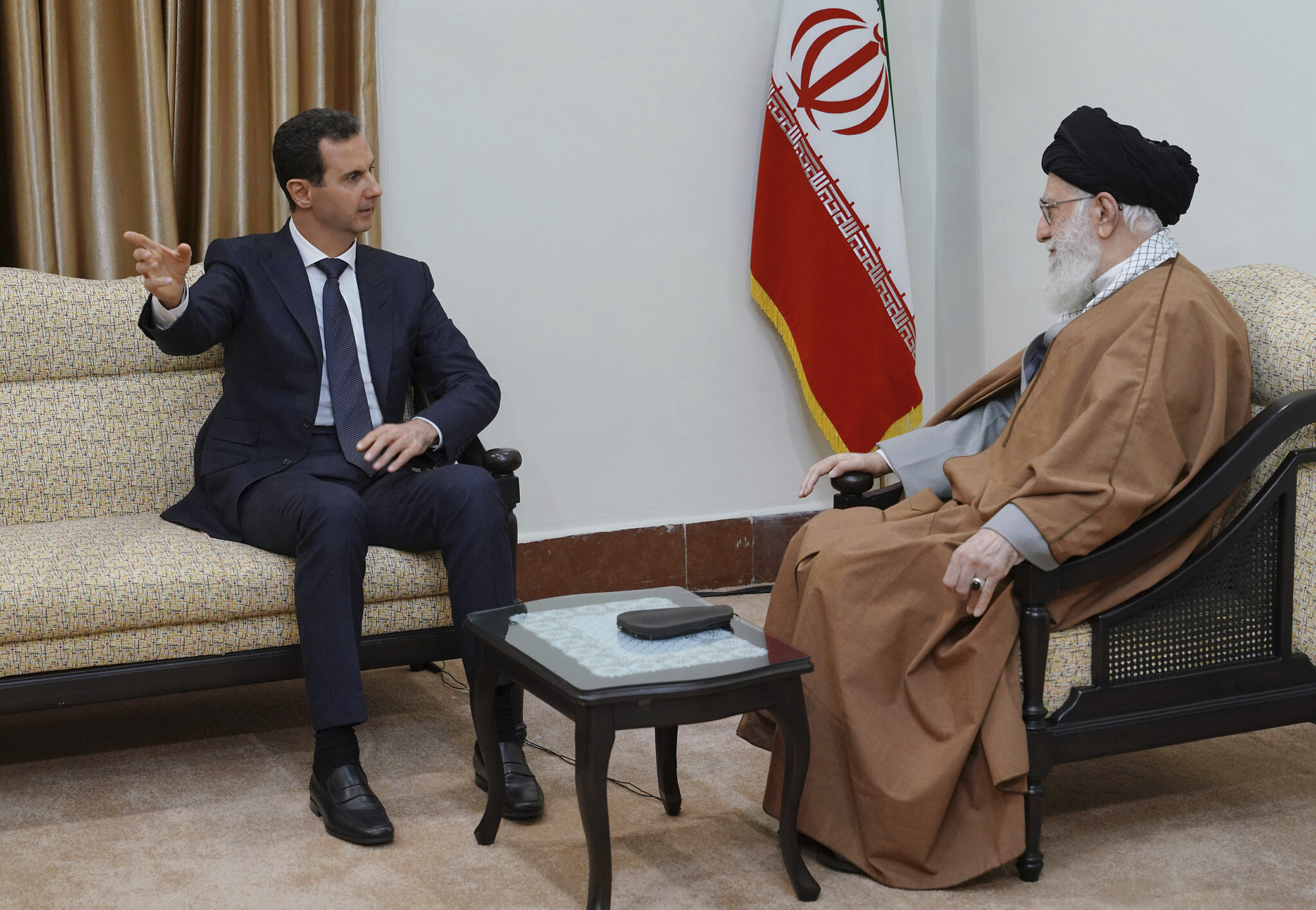
Islamic Republic authorities have been unable to establish contact with former Syrian president Bashar al-Assad for the past several hours, IranWire has learned.
An Iranian official told IranWire the Islamic Republic has lost contact with Assad.
Several media outlets have earlier reported that Assad and his family fled Damascus aboard a military aircraft and are now at an unknown location.
Two Syrian officials speaking to Reuters have raised the possibility that his plane may have crashed.
The plane took off towards a Russian base in Syria at midnight, with U.S. officials saying they believed the Syrian president was heading for Moscow.
In their first announcement on state television after the offensive that shocked the world, rebels declared the end of Assad’s 24-year authoritarian rule.
Footage showed a group in the state television news studio, with one person reading a statement from the “Damascus conquest operations room.”
The statement proclaimed “the liberation of Damascus, the fall of the tyrant Bashar al-Assad, and the release of all those unjustly detained in regime prisons,” while urging fighters and citizens to protect the “property of the free Syrian state.”
On Sunday, Syria’s army command informed officers that Assad’s regime had officially ended.
However, the army later announced it was continuing operations against “terrorist groups” in the Hama, Homs, and the Daraa countryside.
Former Syrian leader Bashar al-Assad and his family fled Damascus just hours after Iranian media reported that Ali Larijani, Supreme Leader Ali Khamenei's envoy, had met with Assad in the city on Friday.
The meeting appears to have been the last between a senior Iranian official and Assad before his downfall and the collapse of his government in Syria.
Assad's last public visit to Iran was earlier this year when he attended a memorial ceremony for Ebrahim Raisi, then-president of Iran, who died in a helicopter crash.
Syrian rebels seized the state radio and television in the capital early Sunday and officially ended Assad's regime.
Opposition forces and rebels, primarily led by the group Hay'at Tahrir al-Sham, said that they entered the Syrian capital without encountering any resistance from Assad's forces.
The Syrian Observatory for Human Rights, a London-based non-governmental organization, previously reported that Assad's forces had fled Damascus before the rebels arrived.
Reports circulating on social media indicate that groups of Syrian refugees who had moved to Turkey in recent years expressed their intention to return to their homeland.
A Syrian refugee named Sara Hanidi shared her joy over Assad's downfall on X, writing, "I am no longer a 'Syrian refugee.' I am Syrian. Just Syrian."
The Islamic Republic has not officially responded to Assad's fall.
However, hours before the collapse, two Iranian diplomats told IranWire that officials expected it to happen soon.
They were surprised by the opposition's rapid advances and rushed to protect Iran's interests in Syria.
Reports from Damascus suggest that while the Presidential Palace and facilities associated with Assad have not been targeted – though social media videos also suggested that fighters had entered the Presidential Palace – Iran’s embassy in the capital was attacked by angry citizens and suffered damage.
The Islamic Republic was Assad's most important ally, with the Islamic Revolutionary Guard Corps (IRGC) playing a pivotal role in suppressing dissent.
Over the past decade, the IRGC deployed extensive military forces in Syria to support Assad, collaborating with Syrian forces to brutally suppress opposition and protesters.
According to the United Nations, the joint crackdown led to the deaths of hundreds of thousands of civilians, including women and children.
A report by the UN Human Rights Council four years ago revealed that over the past decade, more than 306,887 civilians had been killed in Syria, while approximately 13 million Syrians were forced to leave their homes.
Six million Syrian refugees fled the country, with women and girls comprising a significant part of this population.
In 2018, Human Rights Watch accused Iran of recruiting and deploying Afghan and Pakistani children in the Fatemiyoun and Zeinabiyoun Brigades within Syria, as part of the IRGC's expeditionary forces.
The IRGC described the presence of these forces, including children, in Syria’s civil war as voluntary action to "defend the shrines," a reference to Shia holy sites in and around Damascus.
Brigadier General Esmail Kowsari, a former member of Iran’s parliament and deputy commander of the IRGC’s Sarallah Security Headquarters, said in a speech seven years ago that Iran's Supreme Leader Khamenei had predicted Assad’s regime would not fall.
He said, "About four years ago, a parliamentary delegation visited Syria to assess the war's conditions. Later, we met with Hassan Nasrallah, Secretary-General of Hezbollah, who said that they had reported Syria's dire situation to the Supreme Leader and that the Supreme Leader assured us that neither Assad would leave nor Syria would fall into the hands of enemies. We take pride in such leadership."
Two former members of Iran's parliament revealed that Assad's government owes Iran a debt of $30 billion and expressed concern over this debt in light of Assad’s downfall.

